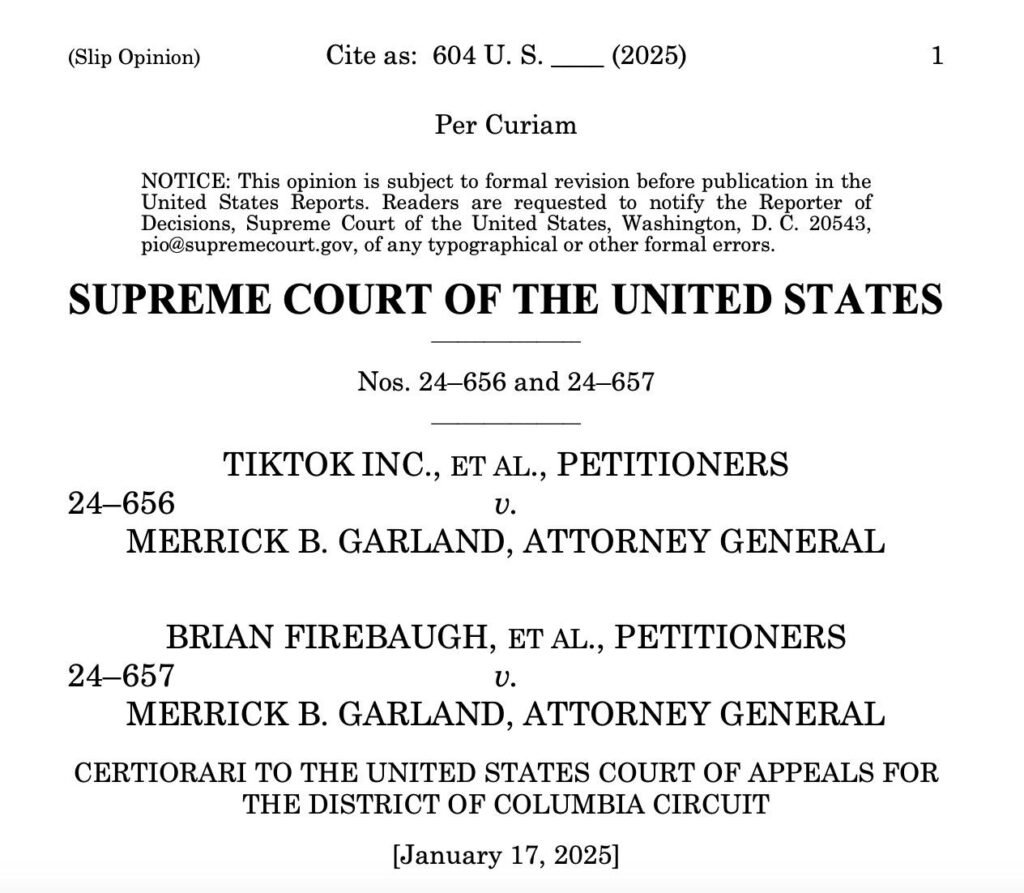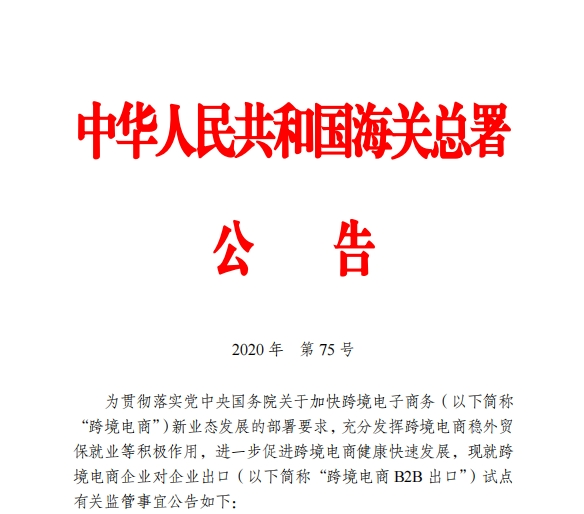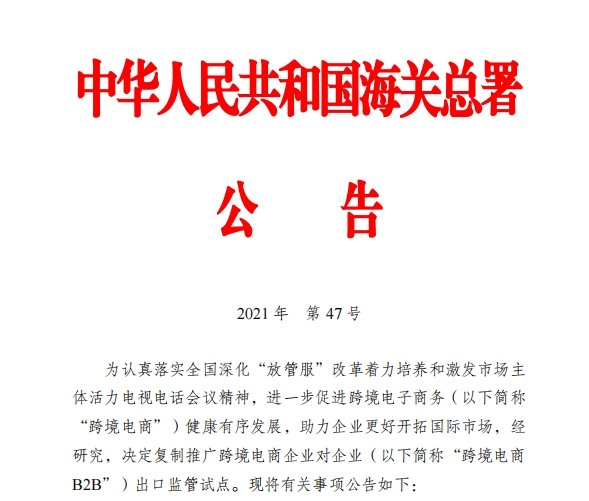
Introduction
The shift towards remote working has significantly transformed the operational dynamics of FIDIC consulting firms, creating both new opportunities and legal challenges in Human Resource management and also the administration of the firm. As consulting firms operate in various jurisdictions, they must navigate a complex landscape of local labor laws, international tax regulations, and cross-border compliance requirements. Additionally, firms must align their practices with FIDIC’s principles, which emphasize fairness, clarity, and adherence to contractual obligations. This article delves deeply into the legal and practical considerations for managing remote employees, supported by specific legal provisions from China, the EU, and the US, as well as real-world cases to provide a comprehensive understanding.
Legal Framework for Remote Working
1. Employment Contracts and Work Location
Employment contracts are the foundation of the employment relationship, particularly when it comes to remote work. It is essential that FIDIC consulting firms clearly outline remote working conditions, such as work location, applicable law, and tax obligations. This is especially important when managing remote employees across different jurisdictions, as varying legal requirements can complicate contract enforcement and employment relations.
– China’s Legal Requirements:
– Under Article 17 of the Labor Contract Law of the People’s Republic of China, employment contracts must include “working location, job description, and working hours.” Employers need to specify in the contract whether the work location includes remote work and the specific conditions under which remote work is permitted.
– And Article 35 stipulates that if an employer and employee mutually agree to change employment contract such as the work location, the change must be made in written form to ensure clarity and prevent future disputes.
– European Union:
– The Directive 2019/1152 on Transparent and Predictable Working Conditions requires employers to provide clear, written information to employees regarding essential aspects of the employment relationship, including place of work and employment terms. where there is no fixed or main place of work, the principle that the worker is employed at various places or is free to determine his or her place of work, and the registered place of business or, where appropriate, the domicile of the employer. Non-compliance can lead to administrative fines and legal claims from employees.
– United States:
– The Fair Labor Standards Act of 1938 (FLSA) mandates that employment contracts for non-exempt employees specify working hours, overtime eligibility, and compensation terms, even if the employee is working remotely. Violations of these provisions can lead to penalties, including back pay and damages.

2. Health and Safety Compliance
Under both FIDIC principles and local labor laws, consulting firms have a duty to ensure the health and safety of all employees, including those working remotely. This obligation extends to conducting risk assessments, providing necessary equipment, and ensuring compliance with health and safety standards.
– China’s Legal Requirements:
– According to Article 8 of the Labor Law of the People’s Republic of China, employers have a duty to inform employees of essential information such as work location and safety conditions. Although the law does not specifically outline the employer’s liability for ensuring personal safety in remote work environments, such as home offices, in practice, the responsibility is generally shared between the employer and the employee. Therefore, employers should take proactive steps to understand and monitor the health and safety conditions of remote work locations to ensure compliance and safeguard employee well-being.
– Article 35 of the Law on the Prevention and Control of Occupational Diseases stipulates that employers must take necessary measures to prevent occupational diseases even when employees are working remotely. Failure to comply may result in legal liability and compensation obligations for health-related damages.
– European Union:
-The Health and Safety at Work Directive (89/391/EEC) establishes that employers are responsible for the health and safety of employees. For those working from home, the employer shall conduct risk assessments of the employee’s home office and provide necessary equipment to ensure a safe work environment.
– United States:
– According to the Occupational Safety and Health Act of 1970 (OSH Act), employers must provide a workplace free from recognized hazards that are likely to cause death or serious physical harm (29 U.S.C. § 654). While the Occupational Safety and Health Administration (OSHA) does not have specific standards for home offices, it does expect employers to address safety concerns related to remote work environments, such as ergonomic hazards or electrical safety. Employers are encouraged to provide guidance and recommendations for safe home office setups.

3. Data Privacy and Security
Managing remote employees in a FIDIC consulting firm involves handling sensitive project data. Compliance with data protection laws, such as the General Data Protection Regulation (GDPR) in the EU, China’s Cybersecurity Law, and the California Consumer Privacy Act (CCPA) in the US, is crucial to safeguarding company and client information.
– China’s Legal Requirements:
– Article 38 of the Personal Information Protection Law (PIPL) outlines stringent requirements for transferring personal information outside of China. When companies engage in cross-border remote work that involves the transfer of personal data to an overseas entity, they must meet one of the following conditions:
- Pass a security assessment organized by the Cyberspace Administration of China (CAC).
- Obtain personal information protection certification from designated agencies.
- Enter into a standard contract with the overseas recipient that adheres to the template provided by the CAC, outlining both parties’ rights and responsibilities.
- Fulfill any other conditions as prescribed by law or regulations.
Before initiating any cross-border transfer of personal data, companies are required to conduct a data security impact assessment to evaluate the potential risks of the data transfer and to ensure that the transfer will not compromise the security of the personal information.
– Article 21 of the Data Security Law of the People’s Republic of China mandates that “network operators shall adopt technical measures and other necessary measures to ensure the security of personal data collected and prevent data breaches, damage, or loss.” FIDIC consulting firms must implement robust data security measures, such as encryption technologies and access controls, and regularly evaluate the security of devices used for remote work.
– Article 37 of the Cybersecurity Law of the People’s Republic of China mandates that critical information infrastructure (CII) operators must store personal information and important data collected within China locally. If a company needs to transfer such data abroad, it must first undergo a security assessment conducted by the Cyberspace Administration of China (CAC). Although this provision primarily targets CII operators, it may also apply to companies managing large volumes of sensitive data in cross-border remote work scenarios.
– European Union:
– Under Article 32 of the General Data Protection Regulation (GDPR), the organization who is controller or processor must implement appropriate technical and organizational measures to ensure the security of personal data. This includes data encryption, access controls, and regular security assessments. Violations can result in fines of up to €20 million or 4% of the company’s global turnover.
– United States:
– For a FIDIC consulting firm managing remote employees, it is essential to comply with specific data privacy and security regulations such as the California Consumer Privacy Act (CCPA) and the Electronic Communications Privacy Act (ECPA), as these laws impose strict requirements on the collection, processing, and monitoring of employees’ personal data, including the protection of data during transmission, the legality of monitoring employee communications, and ensuring employees’ rights to privacy are respected.

4. Cross-Border Employment Compliance
When employees work remotely from different countries, firms must address complex cross-border legal issues, including tax liabilities, social security contributions, and immigration compliance.
– China’s Legal Requirements:
– Article 7 and 10 of the Individual Income Tax Law of the People’s Republic of China stipulates that Chinese nationals working abroad must pay individual income tax on both domestic and foreign income, subject to tax treaties to avoid double taxation. FIDIC consulting firms must assess employees’ tax liabilities and develop compliant tax strategies based on applicable tax treaties.
– Article 12 of the Social Insurance Law stipulates that Chinese employees working abroad may choose to continue participating in domestic social insurance schemes. Employees whose employers are not Chinese entities can choose to participate through the flexible employment method to maintain their social insurance contributions. Employers are responsible for reviewing the social insurance contributions of their employees and understanding the social security systems of the host country to ensure compliance with both domestic and international regulations.
– OECD Model Tax Convention: This convention provides guidelines for determining the tax residency of remote employees. It outlines the concept of “permanent establishment,” which can create tax liabilities for employers if an employee’s work location constitutes a permanent establishment in a foreign jurisdiction.
– European Union Social Security Regulation (Regulation 883/2004):
This regulation determines which country’s social security system applies when an employee works in more than one EU country or moves between EU countries. Consulting firms must ensure compliance to avoid double contributions, gaps in coverage, and potential legal disputes related to social security coverage and compliance issues.
Conclusion
Managing remote employees in a FIDIC consulting firm requires a deep understanding of international employment laws, FIDIC contractual guidelines, and robust communication strategies. By ensuring compliance with regulations in China, the EU, and the US, and addressing jurisdiction-specific challenges, firms can enhance productivity and maintain high-quality service delivery across jurisdictions.






